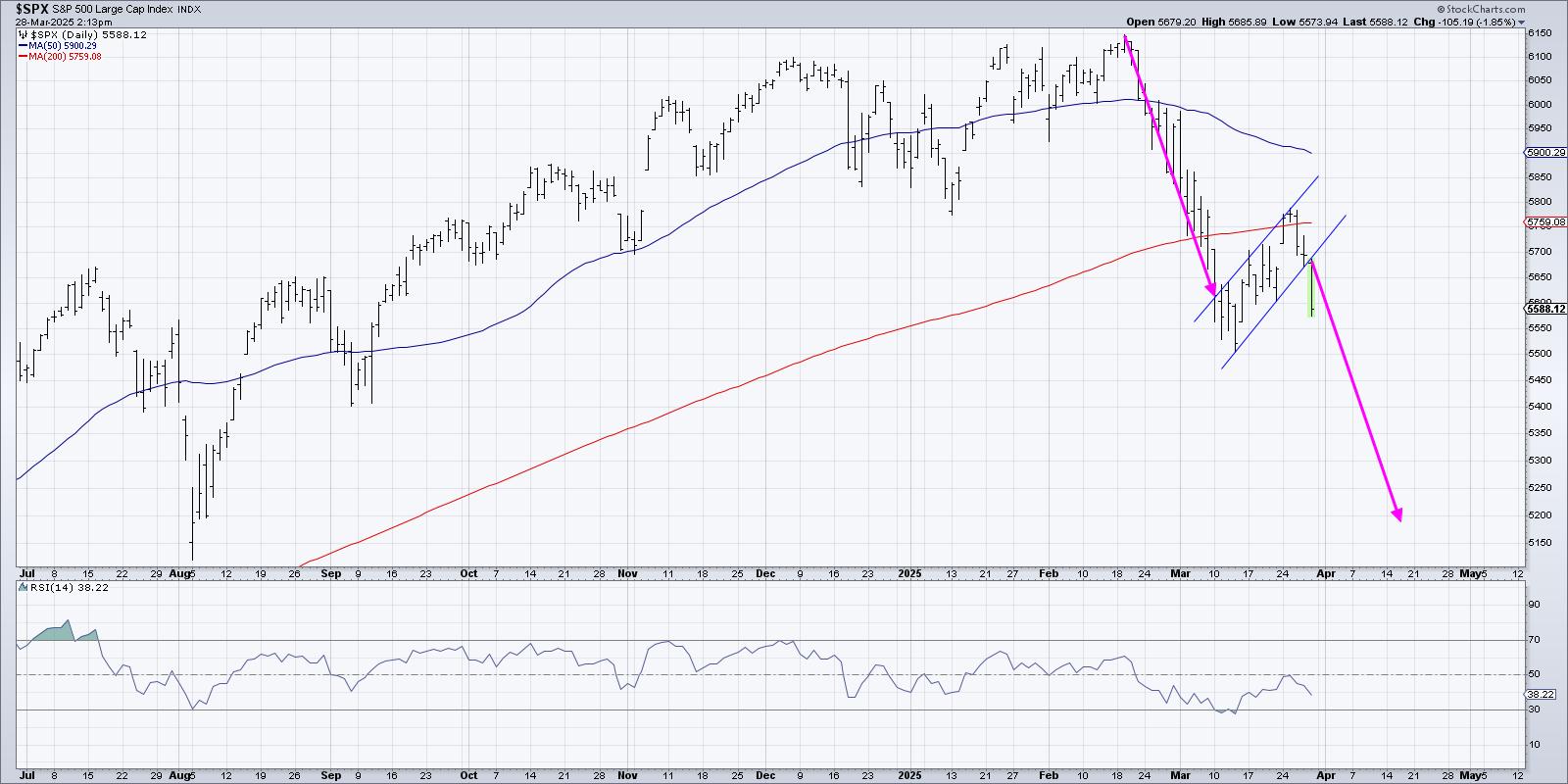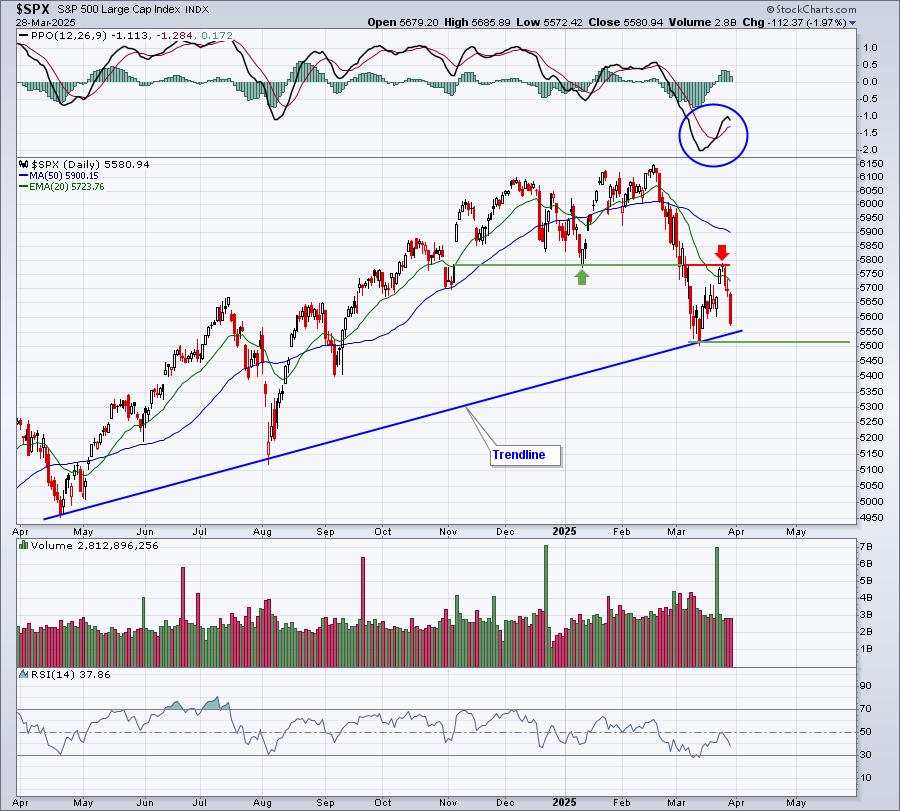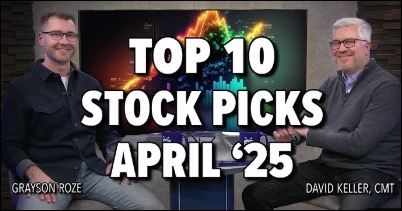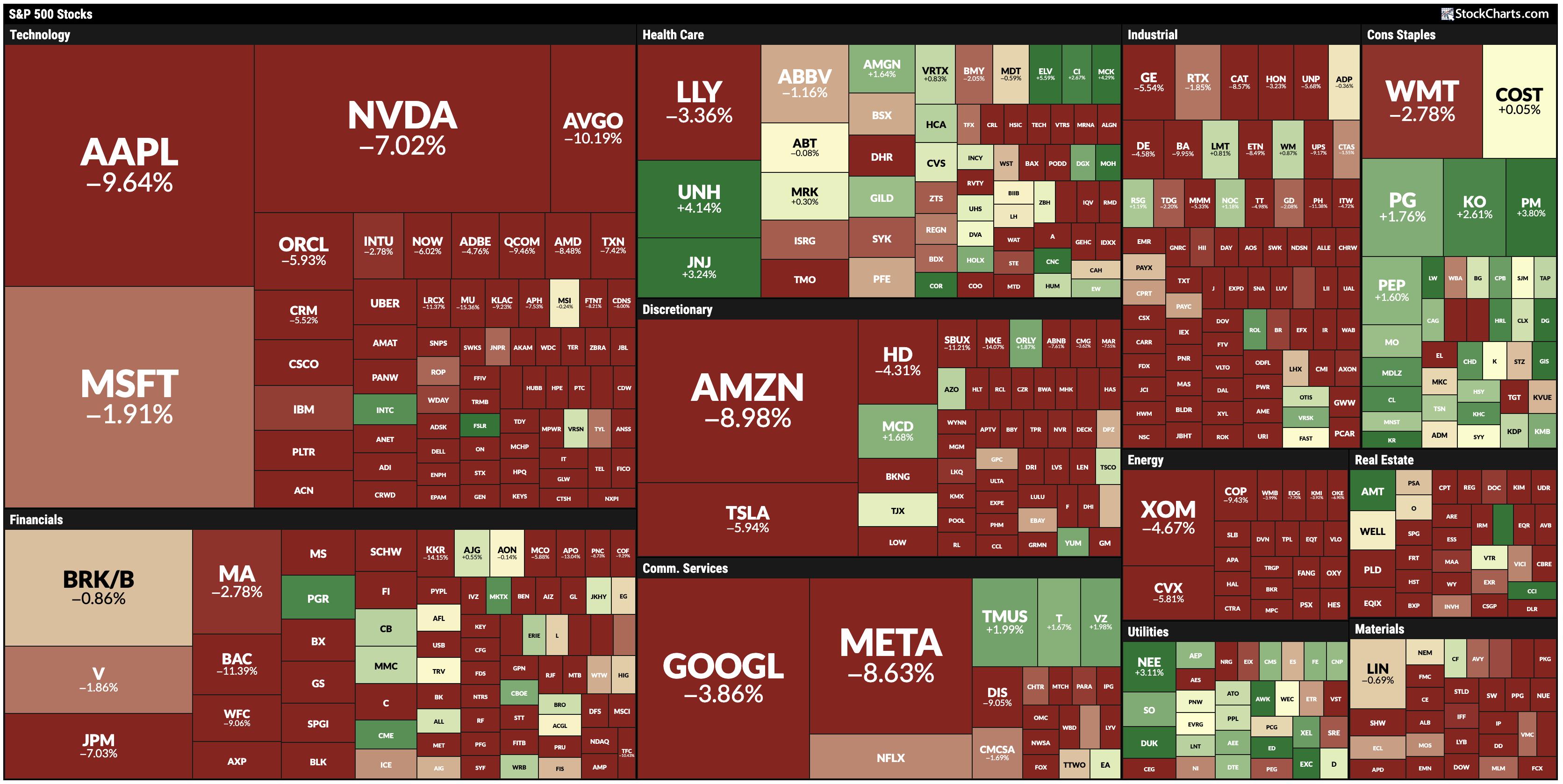 A frightening statistic from American Express several years ago found that over 90% of couples consistently defer ever talking about money matters with themselves and their kids. They come up with any manner of reasons not to discuss what is crucial to their lives and their futures. My belief is that talking about money and financial matters must not be a taboo subject. Quite the contrary, it should be mandatory.
A frightening statistic from American Express several years ago found that over 90% of couples consistently defer ever talking about money matters with themselves and their kids. They come up with any manner of reasons not to discuss what is crucial to their lives and their futures. My belief is that talking about money and financial matters must not be a taboo subject. Quite the contrary, it should be mandatory.
The objective of parents should not only be to pass on their hard-earned assets but to pass on their experience and values as well. Money should not be put in the same camp as sex or Uncle Wendall's drinking habits. And money should not be yet another thorny topic that goes unspoken. That strategy will do more harm than good. If you don't communicate openly with your kids about money management, you're intentionally placing them instead into the hands of that merciless professor called "experience". The tutorial will be ruthless and the lessons learned both costly and late.
I believe that lessons about money management are best wrapped up in story-like narratives about your personal experiences. But having said that, the prerequisite demands clarity on your part. You must first understand your own beliefs about money before you can discuss the topic with openness and transparency. Do you deem money as security or power or excitement? Or do you consider it a familial responsibility with you as a custodian for future generations? The purity of your own understanding about the role of money in your life will contribute mightily to the focus and simplicity of your message. If you wish for success and stability for your offspring, the first step is to be brutally honest with yourself and challenge the topic in your own mirror.
It can't be overstated that the more truthful you can be about yourself and your own money mentors and the influential people in your life, the more adhesiveness your narrative will find with its young audience. Forthright discussions about the role of money and sincere directness about your personal fears, past decisions, winners and losers will all contribute to a greater embrace by your offspring. Your frankness will encourage their respect.
Please recognize that finances, money and investing is not just about numbers. If you believe it is, you'll miss the target. Deciding not to speak about money may be comfortable today, but if and when you pass, you will have left behind confusion, hardships and unintended consequences for your spouse and kids. Your silence today will triple their pain eventually.
Clinch those moments that present themselves, and when they do, endeavor to understand the needs of the other person — rather than focusing primarily on money management strategies — so there will be less conflict and more mutual understanding. Personal investment methodologies can become a never ending discussion. But explaining one's goals, motives and needs tends to open up conversations that achieve more common ground.
FACT: A recent study of millennials by the CFA Institute found that it is their parents and other key family members who are the paramount influencers when it comes to learning about money management. Don't assume that these skills will be taught in high school or college. Clearly, for those of us who are parents, this money mentorship role remains in our hands.
With that in mind, consider the metaphor of a four-legged table. The first leg being how to spark motivation in your child / mentee. The second leg is to understand the emotional and psychological challenges involved with investing. The third leg is to acquire the tools, skills and routines necessary for mastery. And finally, there is the fourth leg: Action. Without engagement and execution, your mentee will not move forward.

If this money mentorship graphic is "the agenda", then "TADS" should be thought of as the blueprint for your interactions. If your exchanges are strained between you and your mentee, his or her progress is much less likely. "TADS" is simply an acronym for how these these interactions should happen.
T = TUNE IN
Simply listen carefully to one another. Good two-way communication is always necessary for mentorship to be effective.
A = ACCEPT
Be flexible and understanding of the other person's financial inclinations and abilities.
D = DIGNITY
Don't judge the other person's behavior as good or bad; discuss their choices with respect, understanding, and patience.
S = SOLUTION
Search for and settle on a mutually satisfactory solution. It doesn't need to be perfect. Tiny steps are fine.
In hindsight, as a parent, my objective was never to make my son feel an obligation to follow in my footsteps as a money manager. My aspirations for him were simply to acquire adequate financial skills so that he could manage his life and his assets proficiently. With a substantial financial foundation, I hoped that he would thereby be able to apply those same useful skills to any professional career of his own choosing. As it turned out, my son seems to have inherited enough of my genes to lead him down a career path that also involves investing and the stock market. No regrets there! It's all good.
With all this in mind...
I'd like to invite you to join me and Grayson for a very special joint presentation THIS SATURDAY (4/17). We'll be presenting virtually to the AAII Los Angeles and San Diego chapters in a three-part seminar. Registration is FREE, but you must pre-register in advance. CLICK HERE TO REGISTER!
We'll cover the following topics:
- GATIS: "The Most Important Investing Tools I Gave My Son"
- GRAYSON: "It Pays to Be Young: How to Turn Your Age Into Profits"
- GATIS + GRAYSON: "Passing the Financial Baton: But Still Investing Together"
We look forward to seeing you virtually at the event this Saturday!
CLICK HERE TO REGISTER
Trade well; trade with discipline!
- Gatis Roze, MBA, CMT
- Author, "Tensile Trading: The 10 Essential Stages of Stock Market Mastery" (Wiley, 2016)
- Presenter of the best-selling "Tensile Trading" DVD seminar
- Presenter of the "How to Master Your Asset Allocation Profile DVD" seminar
- Developer of the Tensile Trading ChartPack for StockCharts members
Trade well; trade with discipline!
Gatis Roze, MBA, CMT
- Author, "Tensile Trading: The 10 Essential Stages of Stock Market Mastery" (Wiley, 2016)
- Developer of the "Stock Market Mastery" ChartPack for StockCharts members
- Presenter of the best-selling "Tensile Trading" DVD seminar
- Presenter of the "How to Master Your Asset Allocation Profile DVD" seminar






